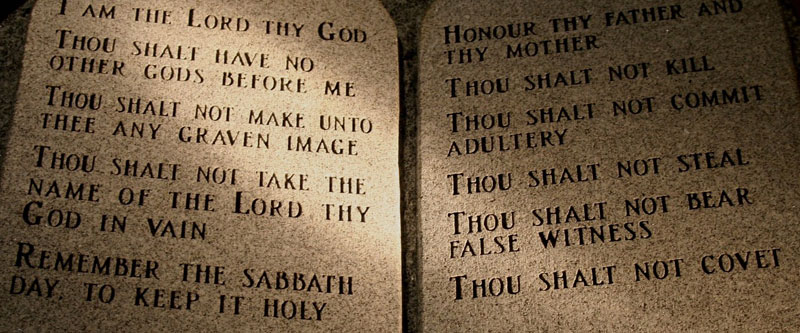Rejoice always, pray without ceasing, give thanks in all circumstances; for this is the will of God in Christ Jesus for you. (1 Thessalonians 5:16-18)
As has been said before, albeit in different words, it is easy to lay a guilt trip on any Christian. Simply ask about their prayer life. We all recognize it should be more fervent, frequent and faithful than it is. Yes Westminster Larger Catechism #154 describes prayer as one of God’s normal ways of communicating the benefits of redemption, the other two being the word and the sacraments. Reformed believers are typically zealous about the preaching of the word, and seek to faithfully administer the sacraments. Yet the third, prayer, is at times neglected in reformed churches as it is in the broader church as well. So let’s take a quick look at prayer.
Each of the means of grace are for God’s use in sharing the benefits of redemption with his people. It is not that he is not able to do so in other ways, but just that he usually chooses to use these three means. This is clearly understood by the disciples. Not only do they ask Jesus to teach them how to pray (Cf. Luke 11:1), but it also occupies a central place in the life of the early apostolic church. For example, Acts 2:42 tells us that the saints gathered to commit themselves “to the apostles’ teaching and the fellowship, to the breaking of bread and the prayers.” Prayer was a central part of the life of the early church. In addition, it is the threat to time spent in prayer that leads to the creation of the proto-deacons. The apostles ask for seven men to be chosen out of the company of believers so that they might devote themselves “to prayer and to the ministry of the word.” (Acts 6:4). The importance of prayer in the life of the believer is clear, but it is still God’s work.
In a sense, it is true that man is praying to God, but God controls the instrument he has ordained. In the first place, in Christ God has provided the door through which man enters his throne room in prayer. Sin has removed man from God’s presence, but through the death and resurrection of Christ, his Mediator, man is reconciled to God. So he comes to God in prayer bearing the approval of Christ or, in other words, praying in his name. In the second place, where prayer fails because of weakness and dulness of heart, the Holy Spirit intercedes“with groaning too deep for words.” (Rom. 8:26). That means the imperfect, faltering words of the Christian are translated and transformed by the Holy Spirit to make them conform to God’s will. In the third place, the content of prayer is constrained by the glory of God. 1 John 5:14 teaches that if prayer is for things according to God’s will, God will hear. God does not acknowledge any prayer. Prayer that is according to his will is heard. So the access point, faithfulness and content of prayer are constrained by God himself. He is the one who uses prayer to bring us to himself.
Questions to consider:
- How does the primacy of prayer found in the early apostolic church help us to prioritize prayer today?
- What are three ways in which God constrains prayer for his use in communicating the benefits of redemption to his people.
- What are some reasons prayer may become neglected by God’s people?










